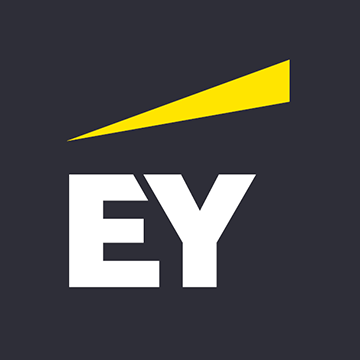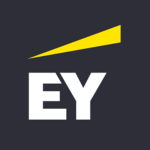Openings: EY India
EY exists to build a better working world, helping create long-term value for clients, people and society and build trust in the capital markets. Enabled by data and technology, diverse EY teams in over 150 countries provide trust through assurance and help clients grow, transform and operate. Working across assurance, consulting, law, strategy, tax and transactions, EY teams ask better questions to find new answers for the complex issues facing our world today. Find out more about the EY global network http://ey.com/en_gl/legal-statement
1. Microsoft Solution Architect
- Bachelor’s or master’s degree in computer science, Information Technology, or related field.
- Proven experience as an Application Architect or Solution Architect with expertise in Microsoft technologies (.NET, C#, ASP.NET, SQL Server, Azure).
- In-depth knowledge of microservices architecture, design, distributed systems, and API-driven development.,
- Understand of Biztalk and Other middleware components
- Hands-on experience with containerization and orchestration technologies such as Docker, Kubernetes.
- Strong understanding of cloud computing principles, Azure/AWS/GCP services, and PaaS/SaaS offerings for building scalable, resilient applications.
- Proficiency in security concepts, identity management (Azure Active Directory), data protection, and compliance frameworks.
- Excellent communication, leadership, and problem-solving skills with the ability to collaborate effectively across teams and influence technical decisions.
2. Solution Architect
- Bachelor’s or Master’s degree in Computer Science, Information Technology, or related field.
- Proven experience as an Application Architect or Solution Architect with expertise in Microsoft technologies (.NET/ C#/ASP.NET,/Java/Spring Boot/ Spring Cloud, Azure).
- In-depth knowledge of microservices architecture, design patterns (e.g., CQRS, Saga), distributed systems, and API-driven development.
- Hands-on experience with containerization and orchestration technologies such as Docker, Kubernetes.
- Strong understanding of cloud computing principles, Azure/AWS/GCP services, and PaaS/SaaS offerings for building scalable, resilient applications.
- Proficiency in security concepts, identity management (Azure Active Directory), data protection, and compliance frameworks.
- Experience with DevOps practices, CI/CD pipelines, version control systems (Git), automated testing, and infrastructure automation tools (e.g., Terraform, Ansible,Helm).
- Excellent communication, leadership, and problem-solving skills with the ability to collaborate effectively across teams and influence technical decisions.
3. AI expert
- Master’s or Ph.D. degree in Computer Science, Artificial Intelligence, Machine Learning, or related field.
- Proven experience as an AI Engineer, Data Scientist, or AI Researcher with hands-on experience in AI model development and deployment.
- Strong programming skills in languages such as Python, R, Java, or C++, with proficiency in AI frameworks (TensorFlow, PyTorch, scikit-learn) and libraries for data manipulation and analysis.
- In-depth knowledge of machine learning algorithms (supervised, unsupervised, reinforcement learning), deep learning architectures (CNNs, RNNs, GANs), and NLP techniques.
- Experience with cloud platforms (AWS, Azure, GCP), big data technologies (Hadoop, Spark), and distributed computing frameworks for AI model training and deployment.
- Familiarity with software development methodologies (Agile, Scrum), version control systems (Git), and DevOps practices for AI model lifecycle management.
- Strong analytical and problem-solving skills, with the ability to translate business requirements into AI solutions and actionable insights.
- Excellent communication, collaboration, and presentation skills, with the ability to explain complex AI concepts to non-technical stakeholders.
4.Integration and ISO 20022 Implementation Expert
- Bachelor’s or Master’s degree in Computer Science, Information Technology, or related field.
- Proven experience as an Integration Architect, Integration Engineer, or similar role with expertise in integration technologies, standards, and protocols.
- Strong understanding of ISO 20022 standards, financial messaging formats (e.g., SWIFT MT, FIX), and XML-based message formats for financial transactions.
- Experience with integration middleware platforms (e.g., Service Bus, API Gateway, SFTP, IDM), API management tools, and message brokering technologies.
- Knowledge of RESTful and SOAP APIs, API design principles, OAuth, and API security standards for secure and scalable integration solutions.
- Familiarity with data governance frameworks, data modeling, data mapping tools, and ETL (Extract, Transform, Load) processes for data integration and transformation.
- Experience with cloud integration, microservices architecture, and containerization technologies (Docker, Kubernetes) is a plus.
- Strong analytical, problem-solving, and communication skills, with the ability to collaborate effectively with cross-functional teams, stakeholders, and external partners.
- Understanding of financial services, banking systems, payment processing, and regulatory requirements related to financial messaging and data privacy.
To apply for this job please visit docs.google.com.



